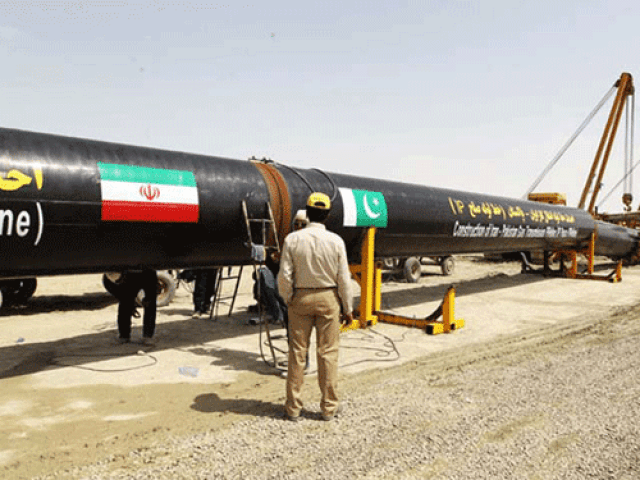News Analysis |
Mission Director of the US Agency for International Development (USAID), Jerry Bisson, has said that the US has no issues in Russian investment in the gas pipeline between Pakistan and Iran, as it would be helpful for improving the lives of common Pakistanis.
“We can look at it (Russian plan to build the offshore gas pipeline); any donor investment in infrastructure either from Russia, China, the World Bank or the Asian Development Bank and any investment for the benefit of Pakistani people and economy, we support it,” he said while adding that “We don’t have any particular views about where the money comes from; we support the government of Pakistan in improving lives of the people.”
The Iran Pakistan gas pipeline is likely to gain more traction owing to the fact that Pakistan is realigning itself with regional powers. In a bid to confront pressure from the US, Pakistan has tried to engage Iran, Russia and China.
The pipeline will supply natural gas from Asaluoyeh Iran to Multan, Pakistan. The 2800 km long pipeline will pass through Bandar Abbas, Balochistan and Sindh. It is expected that the gas supplied through the pipeline will cost US$11 per million MMBTU, which is less costly than gas supplied through the Trans Afghanistan Pipeline.
Read more: Failure in newly inaugurated LNG terminal disrupts gas supply
Bisson further said that Pakistan is a sovereign country and they supported the project because of its importance for the country. At a time when the conflagration between the US and Russia has gone up a notch after the latter’s success in Syria where it sided with Iran and Bashar al Assad, this statement of the USAID is a bit surprising for watchers of the region.
Analysts are certain that Iran-US ties have deteriorated to a point where both countries are on the cusp of a clash, the US will try its best to bleed Iran in this region, more so because Iran has checkmated the US in Syria and Iraq. It is interesting to note that it was the US that took serious exceptions to this project on many occasions.
Analysts are certain that Iran-US ties have deteriorated to a point where both countries are on the cusp of a clash, the US will try its best to bleed Iran in this region, more so because Iran has checkmated the US in Syria and Iraq.
As far back as 2013, the US threatened Pakistan with economic sanctions in case the project materialized. The growing Iranian-US tiff coupled with two factors to include efforts on part of Pakistan and Iran to paper over differences and fierce rivalry between Riyadh and Tehran may mean that the project may be a victim of geopolitics in the days to come.
Read more: Pakistan and Iran keen to promote trading ties despite tensions
Also, at a time when the US is trying to forestall the ingress of Russia in the region, one can expect it to forcefully oppose the pipeline project.
The Iran Pakistan gas pipeline is likely to gain more traction owing to the fact that Pakistan is realigning itself with regional powers. In a bid to confront pressure from the US, Pakistan has tried to engage Iran, Russia, and China. The pipeline can go on to be yet another stumbling block in Pak US ties in the days to come.
The pipeline is also likely to become more tenable yet a dangerous venture because of the highly touted sub-conventional war in Balochistan aimed at subverting CPEC.














